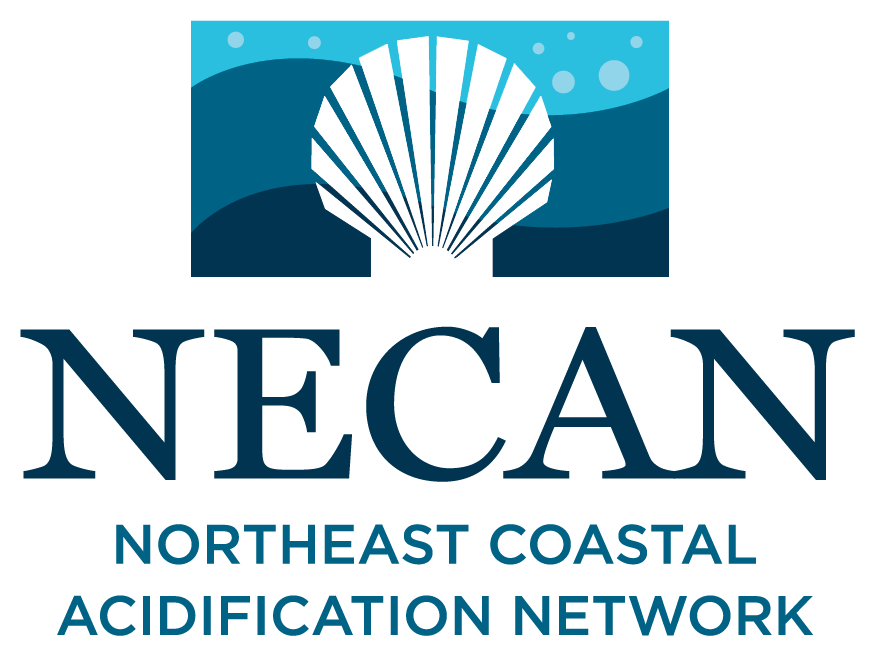The accumulation of carbon dioxide in the atmosphere will lower the pH in ocean waters, a process termed ocean acidification (OA). Despite its potentially detrimental effects on calcifying organisms, experimental studies on the possible impacts on fish remain scarce. While adults will most likely remain relatively unaffected by changes in seawater pH, early life-history stages are potentially more sensitive, due to the lack of gills with specialized ion-regulatory mechanisms. We tested the effects of OA on growth and development of embryos and larvae of eastern Baltic cod, the commercially most important fish stock in the Baltic Sea. Cod were reared from newly fertilized eggs to early non-feeding larvae in 5 different experiments looking at a range of response variables to OA, as well as the combined effect of CO2 and temperature. No effect on hatching, survival, development, and otolith size was found at any stage in the development of Baltic cod. Field data show that in the Bornholm Basin, the main spawning site of eastern Baltic cod, in situ levels of pCO2 are already at levels of 1,100 μatm with a pH of 7.2, mainly due to high eutrophication supporting microbial activity and permanent stratification with little water exchange. Our data show that the eggs and early larval stages of Baltic cod seem to be robust to even high levels of OA (3,200 μatm), indicating an adaptational response to CO2.
Author(s): Frommel, A.Y., A. Schubert, U. Piatkowski, and C. Clemmesen
Date: 2013
Link: https://link.springer.com/article/10.1007/s00227-011-1876-3
Overview:
Scientific Literature
Marine Life:
Fish
Parameters:
CO2 / pCO2
pH
Temperature
Species Group:
Cod
